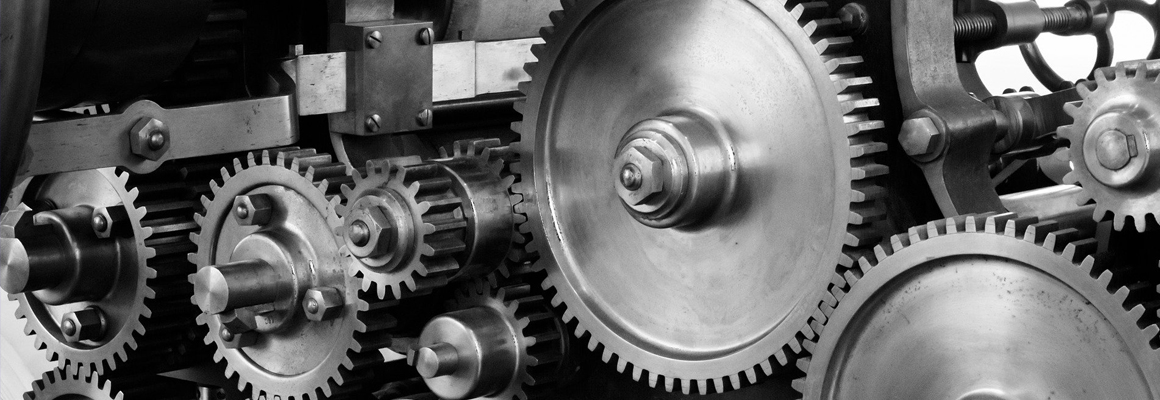Understanding Drilling Rig Hydraulic Systems: Function, Components, and Maintenance
Jun. 27, 2025
In the complex world of oil and gas exploration, understanding hydraulic systems is vital for anyone involved in drilling operations. The importance of the drilling rig hydraulic system cannot be overstated, as it plays a critical role in the efficiency and safety of drilling activities. A well-maintained hydraulic system ensures that the rig operates smoothly, minimizing downtime and reducing operational costs.
If you want to learn more, please visit our website Drilling Rig Hydraulic System.
To grasp the significance of the drilling rig hydraulic system, you might first want to understand its primary functions. Essentially, hydraulic systems utilize pressurized fluid to execute various operations, from raising and lowering drilling equipment to powering essential components such as pumps and motors. This hydraulic power enables the drilling rig to penetrate the earth, making it possible to extract valuable resources.
The components of a drilling rig hydraulic system can be broadly categorized into several key parts. You have the hydraulic pumps, which generate the necessary pressure; the hydraulic fluid that carries this pressure; and the actuators, such as cylinders and motors, that convert hydraulic energy into mechanical work. Each of these components is interdependent, and even minor issues can lead to significant operational setbacks. Therefore, you should ensure that regular checks and maintenance protocols are in place to keep each part in optimal condition.
Now, let’s discuss maintenance tips. To preserve the functionality of your drilling rig hydraulic system, one effective strategy is to implement a routine inspection schedule. Regular check-ups should include monitoring fluid levels, checking for leaks, and ensuring that filters are clean. These proactive measures can help you avoid costly repairs down the line. Also, consider the type of hydraulic fluid used; using the right fluid can greatly affect system performance and longevity.
Another practical tip involves training your team on the proper operation of the hydraulic system. A well-trained crew can identify minor issues before they escalate into major problems. Therefore, consider investing in hydraulic training sessions for your operators. This investment not only enhances safety on the rig but also contributes to a more efficient drilling process.
In addition to maintenance and training, proper documentation and record-keeping are crucial. Keeping track of changes, repairs, and inspections can help you understand patterns or recurring issues within the system. You can consider using digital management tools for streamlined and easy access to this information.
While navigating these technical aspects can feel overwhelming, remember that you're not alone. Many in the industry face similar challenges, and the best practices discussed here are supported by experience from professionals who have successfully operated hydraulic systems.
To wrap things up, recognizing the significance of the drilling rig hydraulic system is essential for anyone in the drilling industry. Acknowledging its functions, understanding its components, and applying solid maintenance practices can drastically improve your drilling operations. By thinking critically about these factors and implementing practical strategies, you not only enhance safety and efficiency but also contribute to the overall sustainability of resources being extracted.
So, as you delve deeper into the intricacies of hydraulic systems, keep these insights in mind. By prioritizing these elements, you are setting your operations up for success, ensuring that your drilling rig operates at its best and is prepared for whatever challenges may arise.
Want more information on Dth Drill Rods? Feel free to contact us.
163
0
0
All Comments (0)
Previous: Addressing Common Challenges When Purchasing Truck Mounted Drills
Next: Rig Tong Wholesale vs. Retail: Which Option Saves You More?
If you are interested in sending in a Guest Blogger Submission,welcome to write for us!




Comments